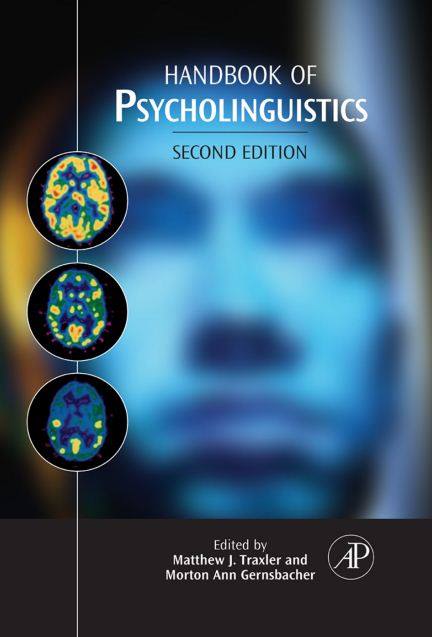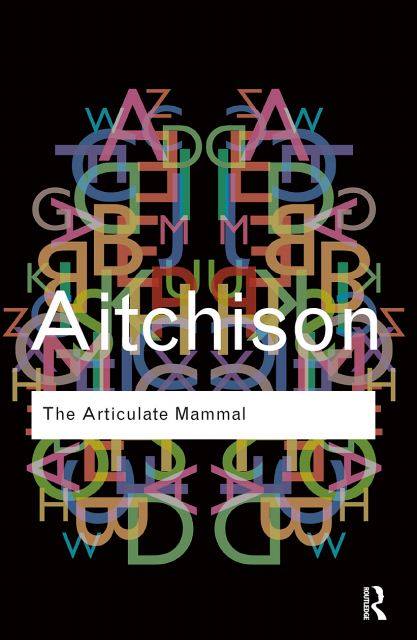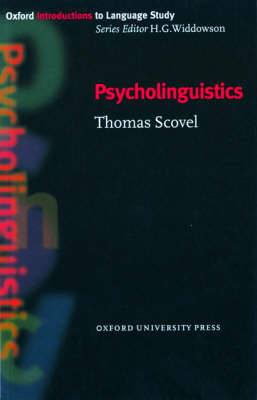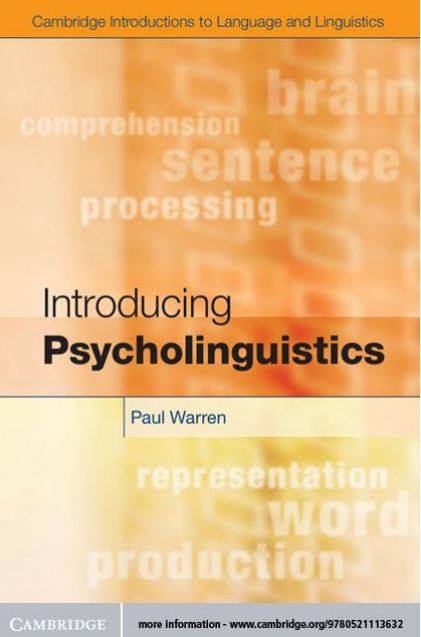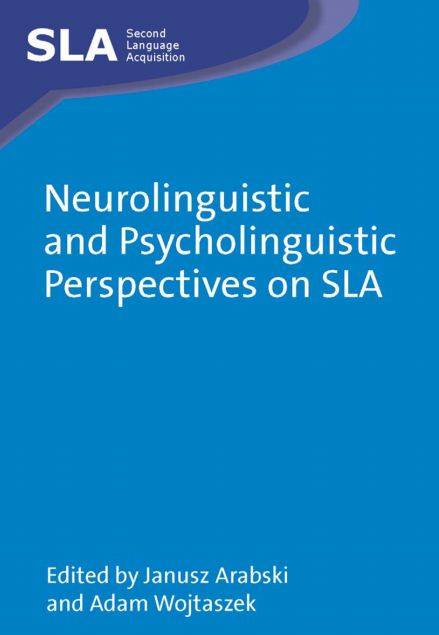Psycholinguistics or psychology of language is the study of the psychological and neurobiological factors that enable humans to acquire, use, comprehend and produce language. [1] Initial forays into psycholinguistics were largely philosophical ventures, due mainly to a lack of cohesive data on how the human brain functioned. Modern research makes use of biology, neuroscience, cognitive science, linguistics, andinformation theory to study how the brain processes language. There are a number of subdisciplines with non-invasive techniques for studying the neurological workings of the brain; for example, neurolinguistics has become a field in its own right.
Psycholinguistics covers the cognitive processes that make it possible to generate a grammatical and meaningful sentence out of vocabularyand grammatical structures, as well as the processes that make it possible to understand utterances, words, text, etc. Developmental psycholinguistics studies children's ability to learn language.
Copyright (c) 2014
